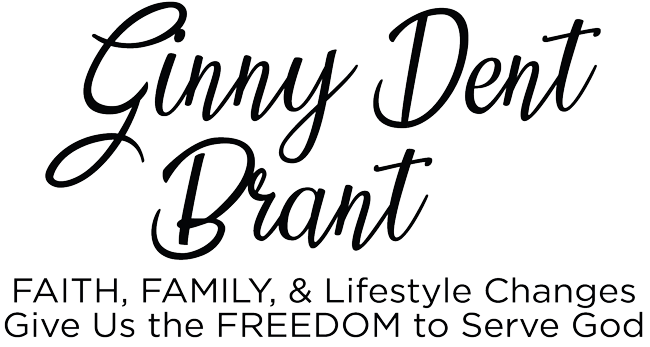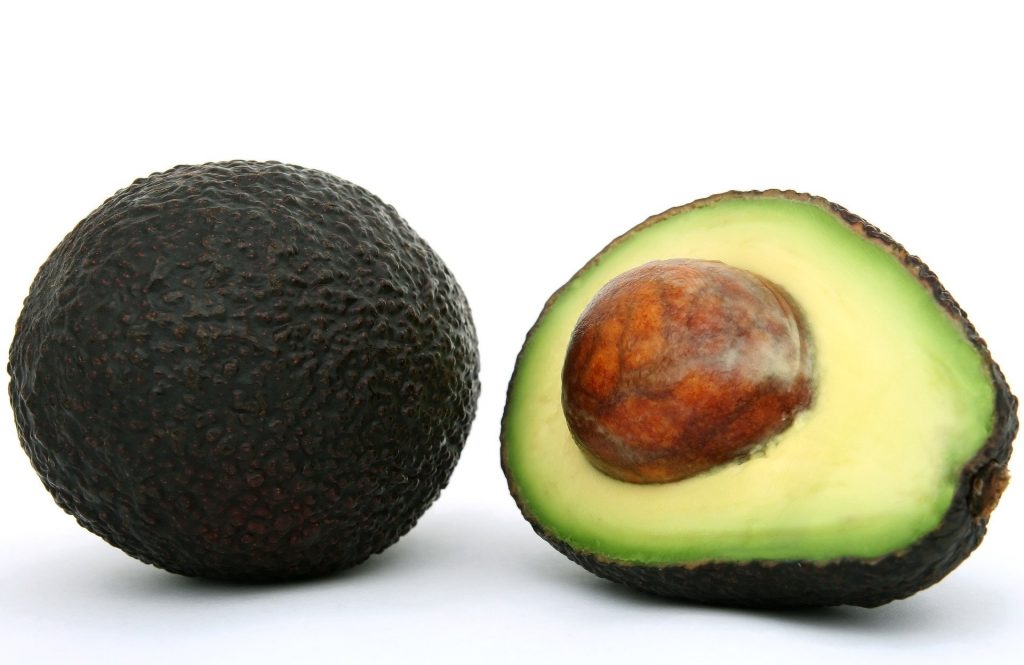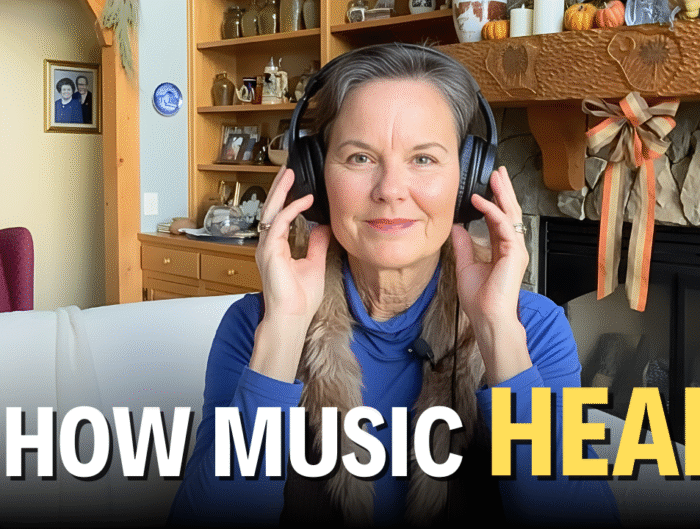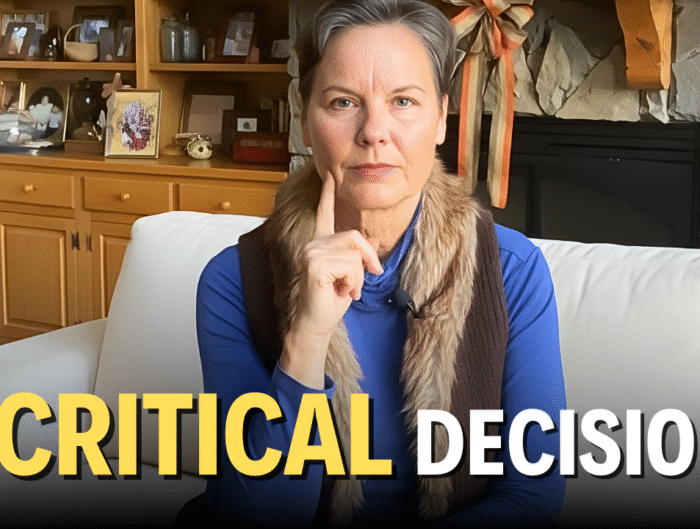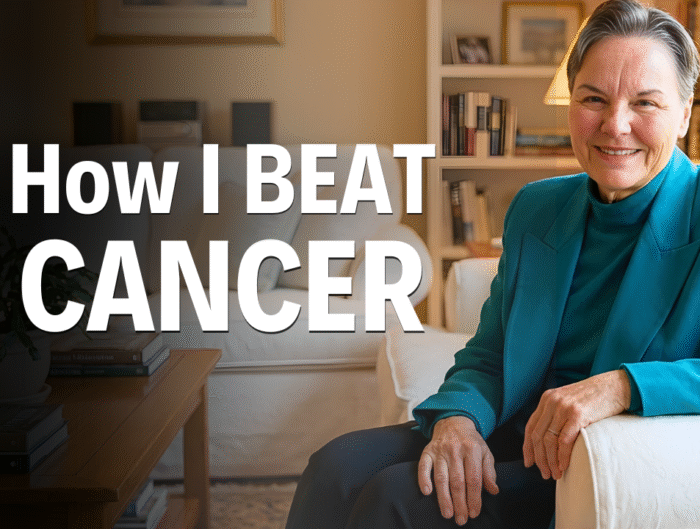Each year the Environmental Working Group (EWG) publishes its Dirty Dozen and Clean Fifteen Lists for produce which helps you to prioritize which foods to buy organic. Please understand that even if a fruit or vegetable has a higher-than-normal pesticide residue and ends up on the Dirty Dozen List, it still contains antioxidants, phytochemicals, fiber, and nutrients. The Clean Fifteen are the ones you don’t have to worry about. Here are the new 2023 lists and new insight from the changes in the lists.
Here are the 2023 results:
Dirty Dozen (the Naughty List)
- Strawberries
- Spinach
- Kale, collards, and mustard greens
- Peaches
- Pears
- Nectarines
- Apples
- Grapes
- Bell and hot peppers
- Cherries
- Blueberries
- Green beans
Clean Fifteen (the Good Guys!)
- Avocados
- Sweet Corn*
- Pineapples
- Onions
- Papayas*
- Sweet peas
- Asparagus
- Honeydew melons
- Kiwi
- Cabbage
- Mushrooms
- Mangoes
- Sweet Potatoes
- Watermelon
- Carrots
* Per the EWG, a small amount of sweet corn, papaya, and summer squash sold in the United States is produced from genetically modified seeds. Buy organic varieties of these crops if you want to avoid genetically modified produce.
Lists are from the Environmental Working Group at EWG.org
Here are the new insights:
- More than 90 percent of samples of strawberries, apples, cherries, spinach, nectarines, and grapes tested positive for residues of two or more pesticides. For these, always check with your local farmers to see what pesticides they use. Local farmers often use less and will tell you what pesticides have been sprayed.
- Avocados continue to hold the coveted title as the cleanest fruit/vegetable. As a super food fruit that contains healthy fats, my husband and I get 1/4th of one each day in our smoothie. The fats in the avocado help our bodies to absorb the nutrients in the smoothie.
3. Sixty-five percent of Clean Fifteen fruit and vegetable samples had no detectable pesticide residues. They don’t call them “clean” for nothing!
4. A total of 210 pesticides were found on Dirty Dozen items. Yikes!
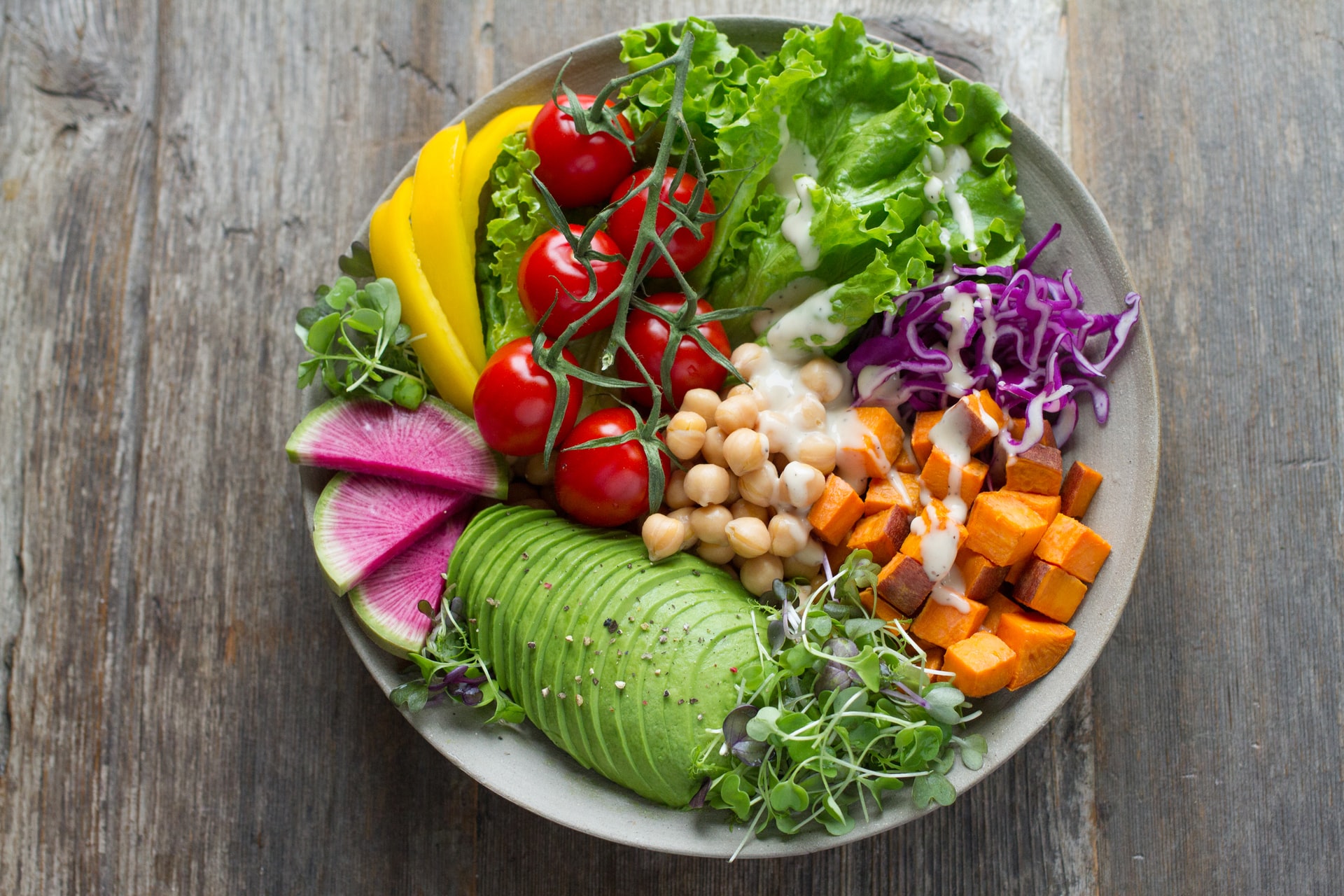
Using the Dirty Dozen and Clean Fifteen Lists by EWG can help you prioritize which produce you should buy organic.
- Blueberries and green beans, basic staples in our home, have joined the Dirty Dozen List at #11 and #12. This is not a huge shock to me since their rankings in previous years were always close to making the list. As a result, I’ve been buying my blueberries organic and/or pesticide-free at Costco for years now. Better yet, grow your own.
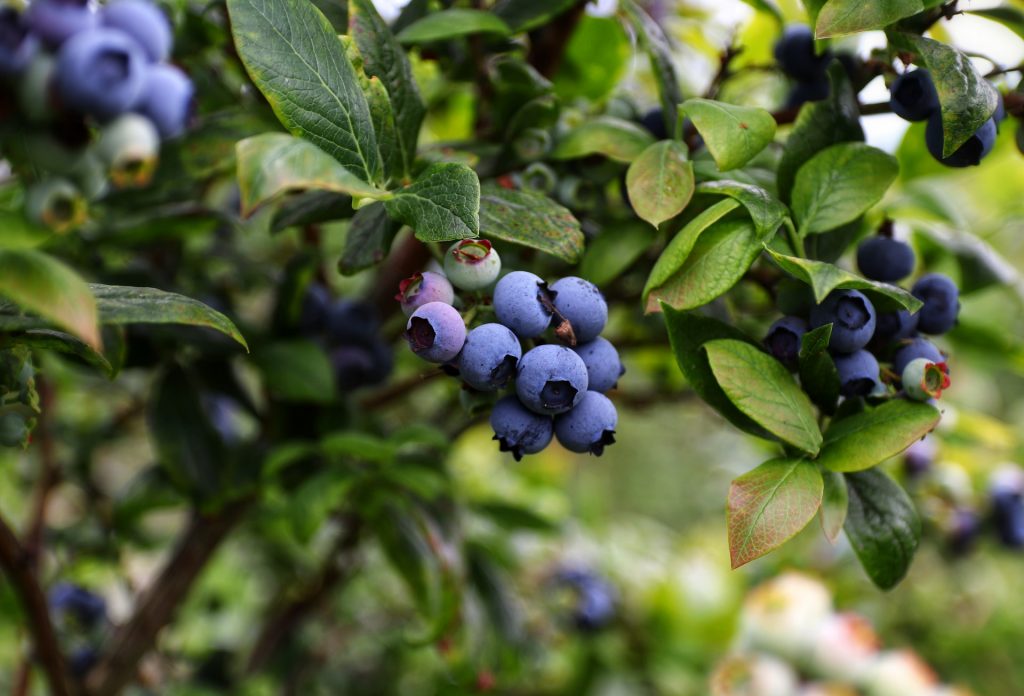
Consider blueberries a powerful gift of nature that enhances both our health and longevity, but eat organic to reduce pesticide residue.
- According to the EWG, some of the USDA’s tests show traces of pesticides long since banned by the Environmental Protection Agency. Much stricter federal regulation and oversight of these chemicals are needed.
- Research from Harvard University shows that consuming fruits and vegetables with high levels of pesticide residues may lessen the benefits of fruit and vegetable consumption, including protection against heart disease, cancer, and respiratory diseases.
We live in an increasingly more toxic world each year. Even The American Academy of Pediatrics recommends parents concerned about their children’s exposure to pesticides consult EWG’s Shopper’s Guide. Is it any wonder that autism rates and many other issues are continuing to increase in this toxic culture?
Our goal is not perfection. There is no such thing in the toxic world we live in. Our goal is to lower our pesticide residue so that our body and immune system can work as God intended. My hope is that these lists will help you to prioritize your buying of organic versus nonorganic produce and these insights will give you the motivation to make a difference.
For Your Health,
Ginny
Five Ways to Reduce Your Toxic Load from Plants
Eat Organic in a Reasonable Way
 Ginny Dent Brant is a speaker and writer who grew up in the halls of power in Washington, DC. She has battled cancer, ministered around the world, and served on the front lines of American culture as a counselor, educator, wellness advocate, and adjunct professor. Brant’s award-winning book, Finding True Freedom: From the White House to the World, was endorsed by Chuck Colson and featured in many TV and media interviews. Unleash Your God-Given Healing: Eight Steps to Prevent and Survive Cancer was released in May 2020 after her journey with cancer and was recently awarded the First Place Golden Scrolls Award for Memoirs, and Second Place in both Selah Awards for Memoirs and Director’s Choice Award for Nonfiction at the Blue Ridge Mountain Christian Writer’s Conference. It recently received the Christian Authors Network’s (CAN) Gold Award for Excellence in Marketing for reaching 62.5 million people with a message of cancer prevention and survival. It was written with commentary from an oncologist and was featured on CBN’s Healthy Living Show, Atlanta Live, and CTN’s Homekeepers along with over 75 media outlets. Learn more and cancer and wellness prevention blog and book information at www.ginnybrant.com.
Ginny Dent Brant is a speaker and writer who grew up in the halls of power in Washington, DC. She has battled cancer, ministered around the world, and served on the front lines of American culture as a counselor, educator, wellness advocate, and adjunct professor. Brant’s award-winning book, Finding True Freedom: From the White House to the World, was endorsed by Chuck Colson and featured in many TV and media interviews. Unleash Your God-Given Healing: Eight Steps to Prevent and Survive Cancer was released in May 2020 after her journey with cancer and was recently awarded the First Place Golden Scrolls Award for Memoirs, and Second Place in both Selah Awards for Memoirs and Director’s Choice Award for Nonfiction at the Blue Ridge Mountain Christian Writer’s Conference. It recently received the Christian Authors Network’s (CAN) Gold Award for Excellence in Marketing for reaching 62.5 million people with a message of cancer prevention and survival. It was written with commentary from an oncologist and was featured on CBN’s Healthy Living Show, Atlanta Live, and CTN’s Homekeepers along with over 75 media outlets. Learn more and cancer and wellness prevention blog and book information at www.ginnybrant.com.
